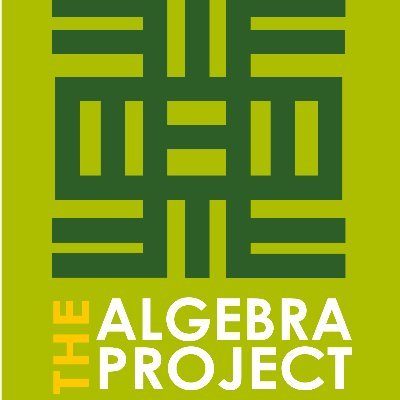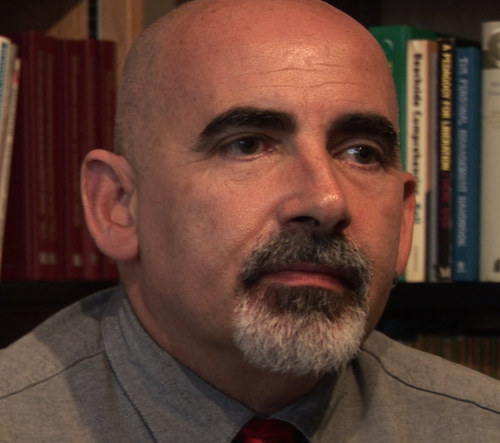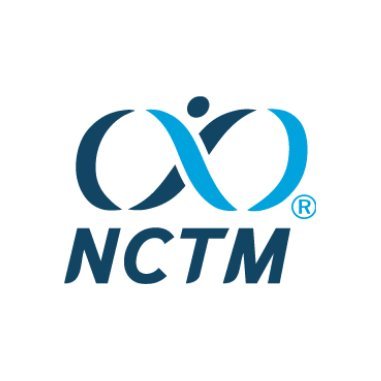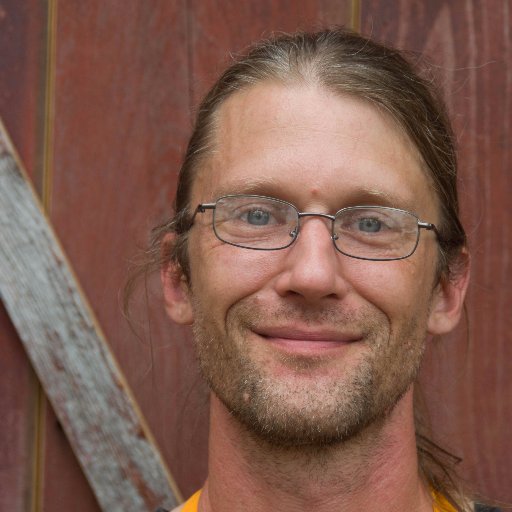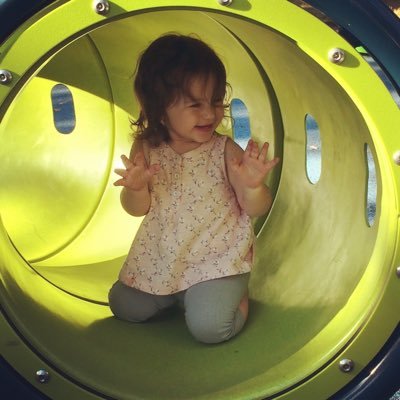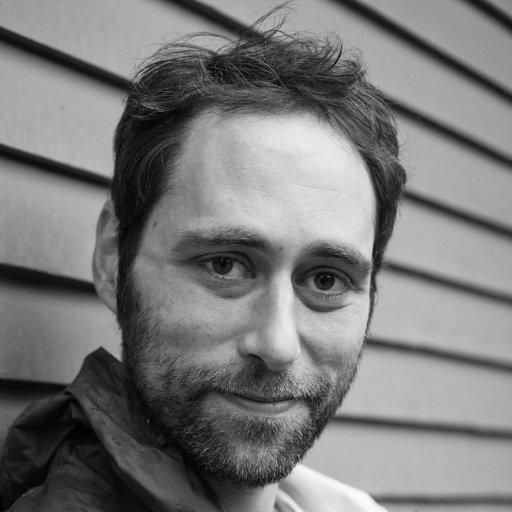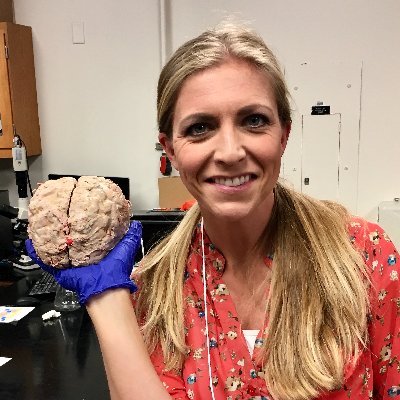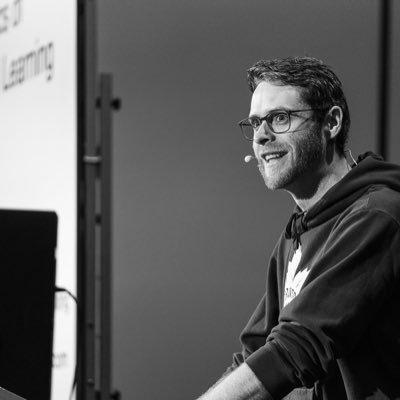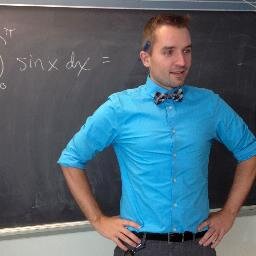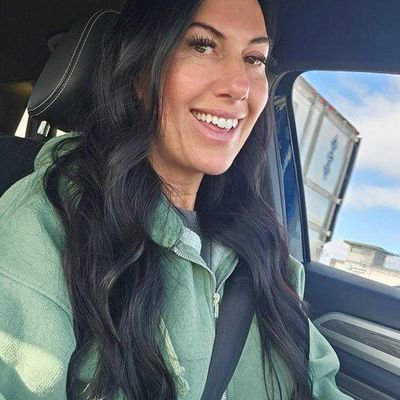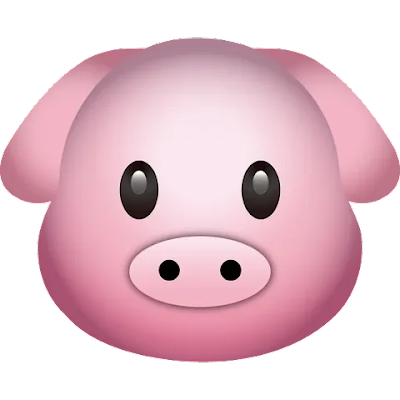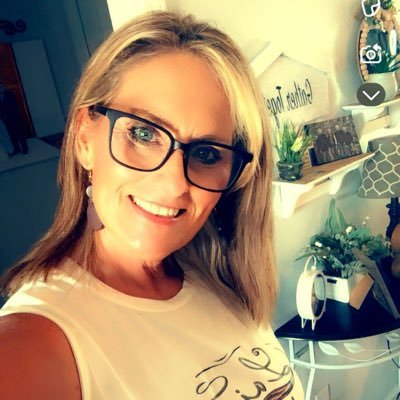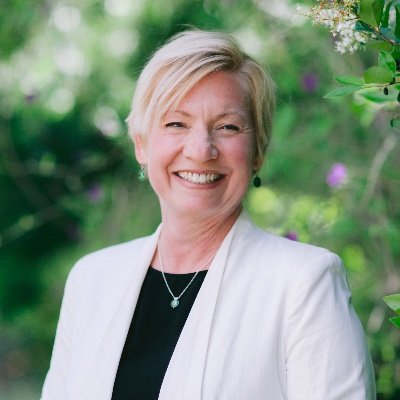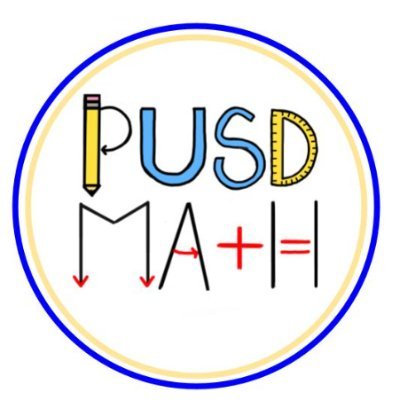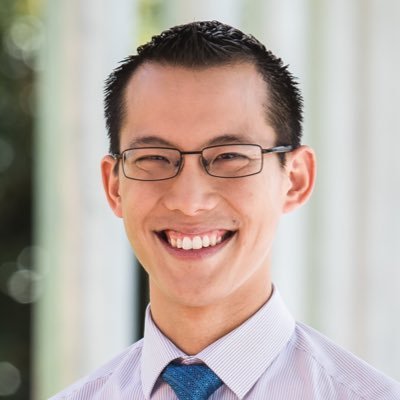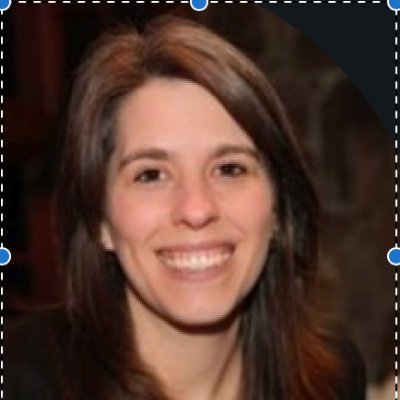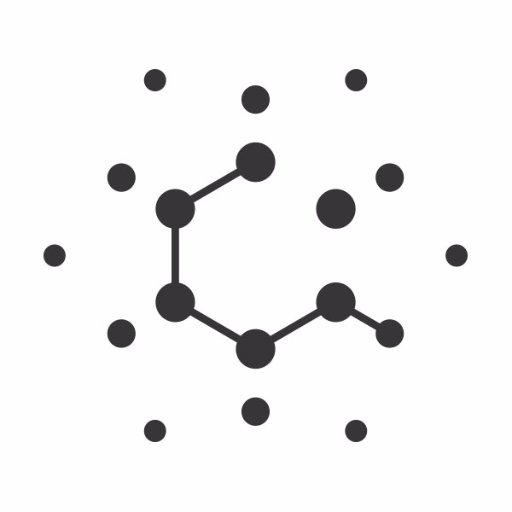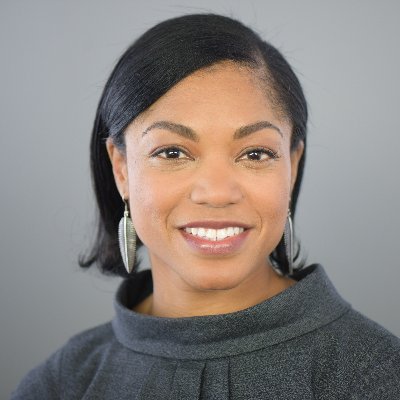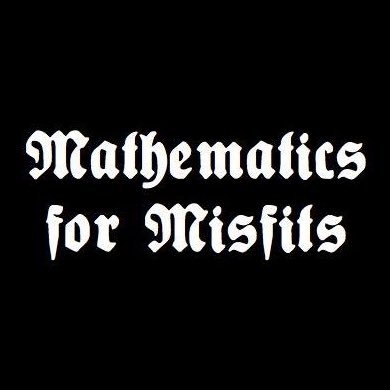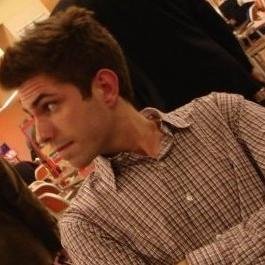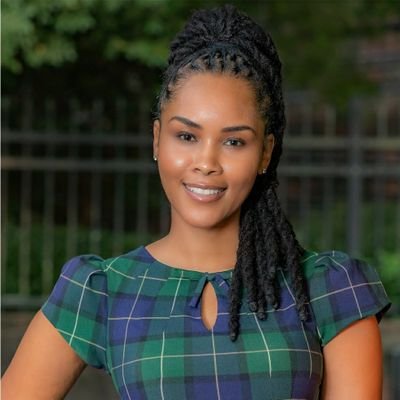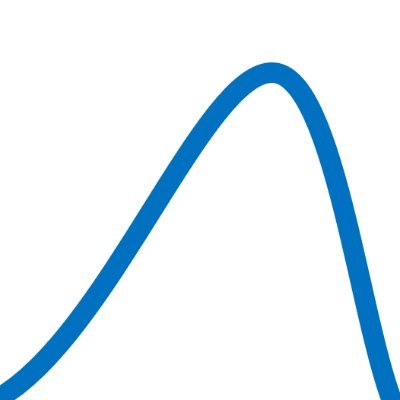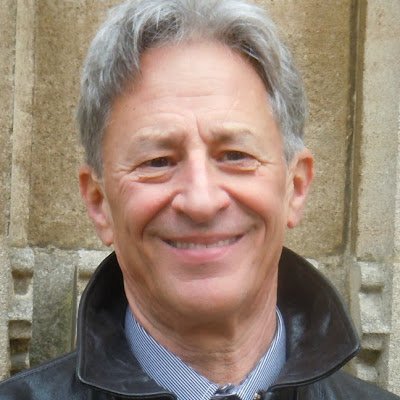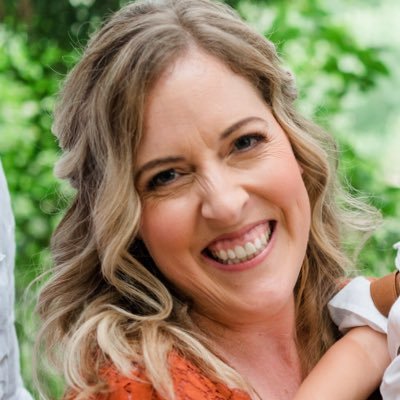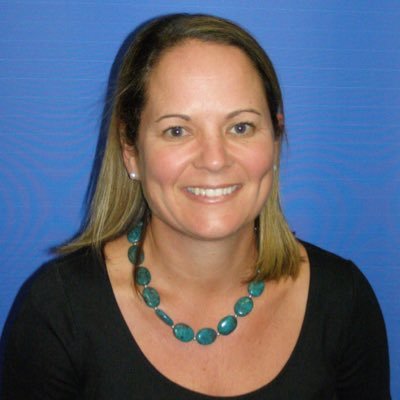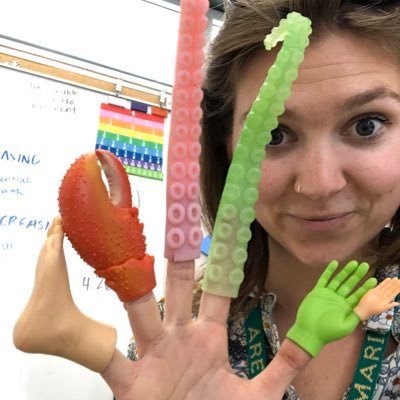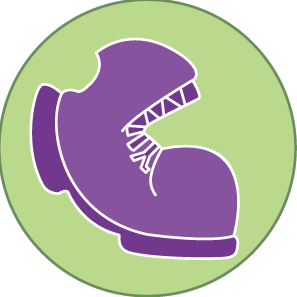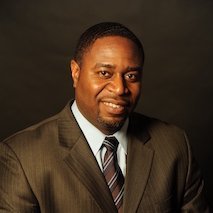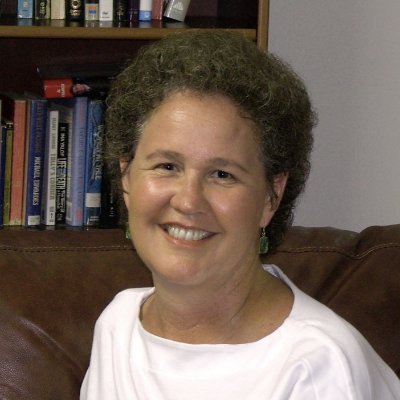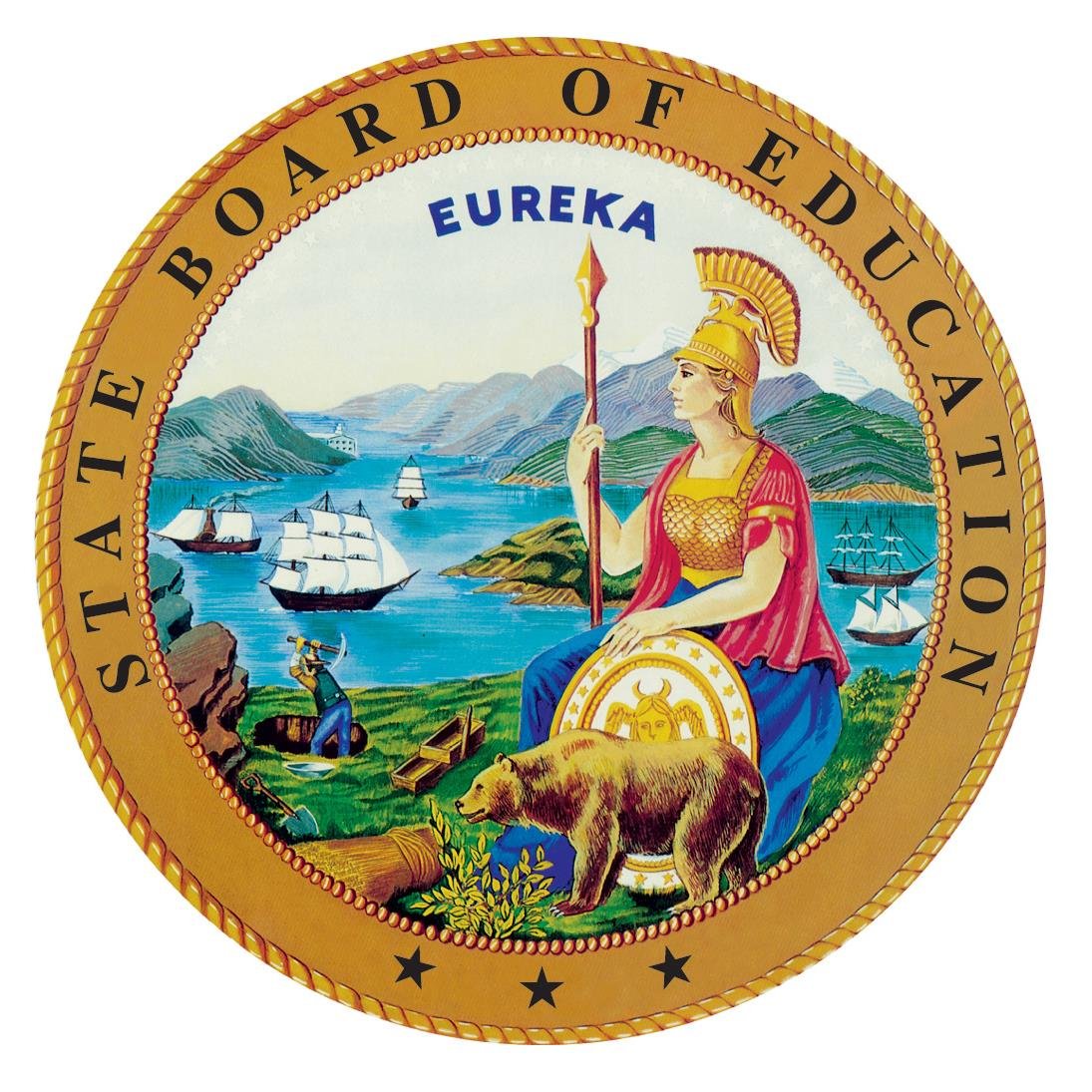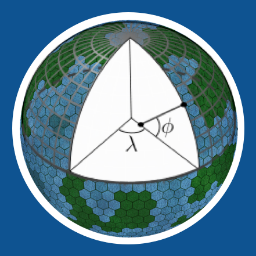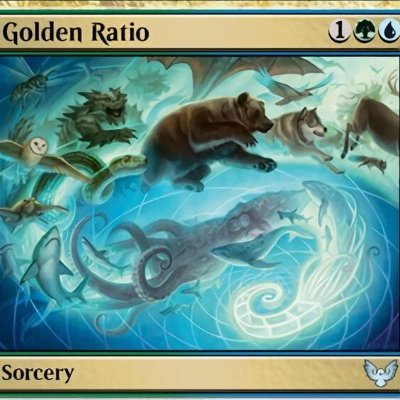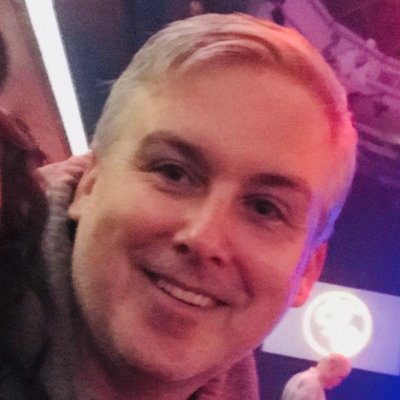
Bryan Meyer
@doingmath
Working to make high school mathematics meaningful, enjoyable, and equitable
You might like
Does mathematical modeling improve society? This week’s episode of Computational Conversations with @JonMcLoone youtube.com/watch?v=xwn2TZ… #computation #modeling #podcast

youtube.com
YouTube
Computational Conversations EP#10 | Does mathematical modeling...
(High) school math is so out of touch… “There is a difference: How much math is there in the CURRICULUM and college? Or how much math is there in your REAL WORK as an engineer?” cc: @conradwolfram @nctm youtu.be/MhanyR5Rfk0

youtube.com
YouTube
How Much Math do Engineers Use? (College Vs Career)
Instead of marking that math task, consider looking at it, finding examples of interesting student work, sharing those examples with the class, and continuing the learning. No marking. No writing. Just learning.
Years ago, @Mathowitz introduced me to Circle Tic Tac Toe. Yesterday, I decided to put a seasonal twist on it and create Spider Web Tic Tac Toe for Halloween. mathequalslove.net/spider-web-tic… #mtbos #iteachmath #puzzlingclassroom

I decided to put a seasonal twist on a classic chess puzzle to make a new Halloween Puzzle for my students to tackle as one of this week's puzzles. Can you solve the 8 Bats Puzzle? mathequalslove.net/8-bats-hallowe… #mtbos #iteachmath #puzzlingclassroom

Math classes often ask for you to check yourself at the door, that in there you are the ‘mathematician’. Becoming a mathematician doesn’t mean you need to shapeshift. Your unique lived experiences are inherently mathematical.

I think most teachers have a vision of a classroom with lots of engagement + collaboration—but I also think most of us encounter quiet, reluctant classrooms at the beginning of the year. And that quiet/reluctance can quickly become the norm, right? Here are 3 things that I try:
One thing I do once I have my class rosters: make a Google Sheet that includes: 1⃣ their top value from our opening activity; 2⃣ a strength I see over the first quarter; and 3⃣ a checklist to see who I've made a positive contact on. Small thing that shifts what I'm looking for.

Hi @codeorg ! I love your Outbreak Simulator activity! Do you have a version that includes a time series graph of susceptible, infected, and recovered? Thank you!
Where's the math leadership in education that consistently rails against the negative impacts of standardized testing. Without it, I am not sure leadership is a title that can be claimed with any degree of honesty.
Used this task again today - they solved the initial problem more quickly than last year, so I asked them “what would a mathematician want to investigate next?” and gave them time to explore a direction of their choice.

A classic task for Year 7 - this was great for getting them to work systematically. I found having a semi-transparent square that I could move around (with ppt on edit mode) was really helpful.


I rarely see anyone in math education take aim at this. To offer changes to math education and NOT addressing this is a cause for concern.

About 40 years ago I prepared some resources for before-school, after-school, and Saturday morning maths clubs. I found some of them last week, and thought I would share them more widely. Please feel free to use in whatever way you like: bit.ly/45o6DSV
3/3 And this paradoxical insight from @DLabaree: "Dewey's undiminished prominence in the realm of educational ideas is a sign of his failure in changing America's schools," whereas many of the behaviorists are forgotten precisely because their ideas have triumphed."
Our position statement on the intersection of culture and math is out now: nctm.link/ve9pn Join us this Thursday to learn how to integrate culturally responsive practices into #mathematics learning: nctm.link/DHXfV
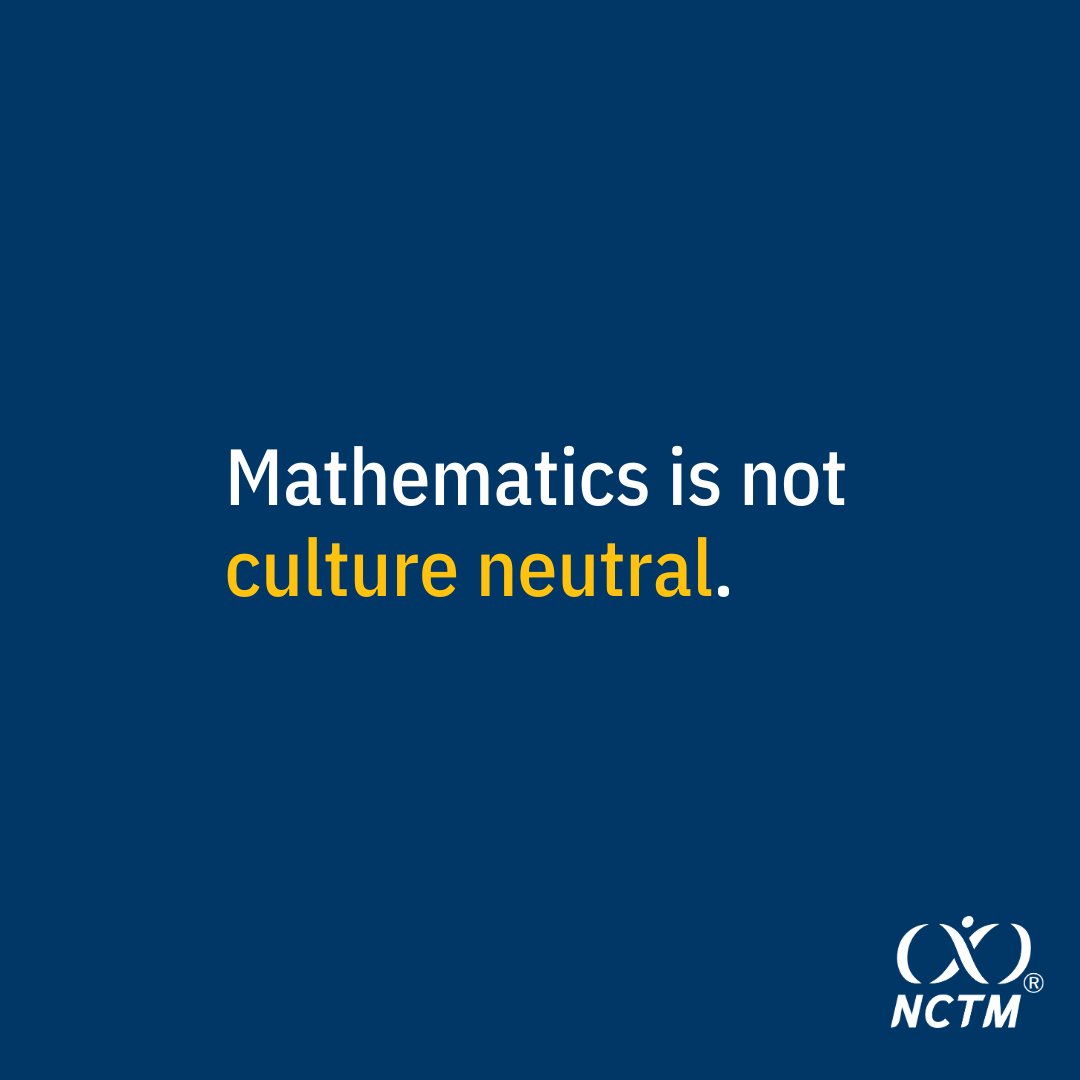

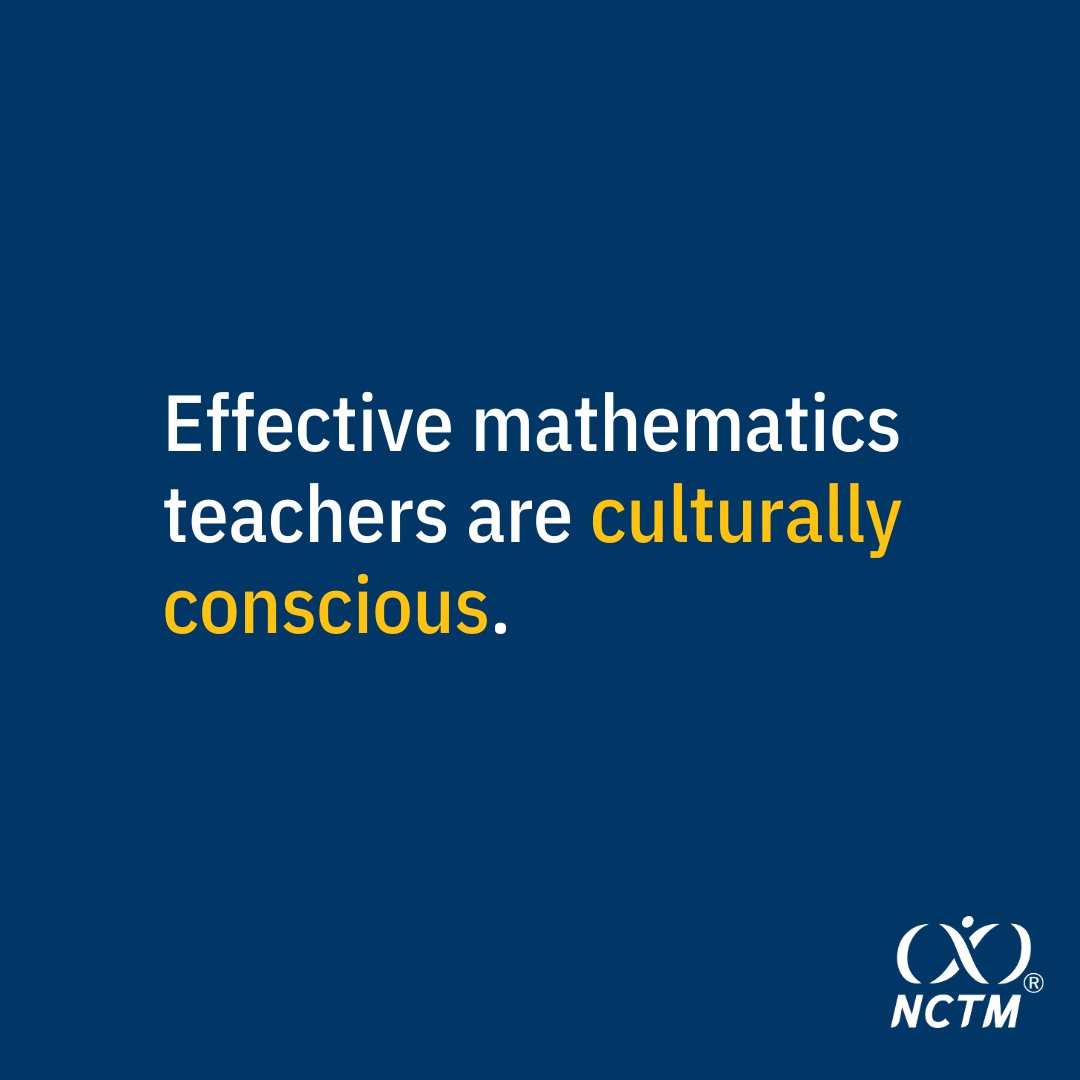

When teachers complained to Ted Sizer about a kid, he’d gently reframe by asking “What does this student need from you?”
For me, it’s about where authority resides for what counts as ‘true.’ Students are either justifying why something is true OR they are being asked to just accept that it is true.
What does it mean if your students are THINKING for themselves in maths class? I'm curious about what different teachers look for and notice.
United States Trends
- 1. Broncos 53.4K posts
- 2. Bo Nix 14.7K posts
- 3. Geno 15.7K posts
- 4. Sean Payton 3,820 posts
- 5. Kenny Pickett 1,362 posts
- 6. #TNFonPrime 3,615 posts
- 7. Chip Kelly 1,592 posts
- 8. Bradley Beal 2,395 posts
- 9. Jalen Green 4,668 posts
- 10. Pete Carroll 1,244 posts
- 11. Jeanty 5,956 posts
- 12. Troy Franklin 2,258 posts
- 13. Daniel Carlson N/A
- 14. Thursday Night Football 5,753 posts
- 15. #LVvsDEN 3,963 posts
- 16. #911onABC 25.3K posts
- 17. Brock Bowers 4,352 posts
- 18. Al Michaels N/A
- 19. Ty Lue 1,012 posts
- 20. #WickedOneWonderfulNight 4,370 posts
Something went wrong.
Something went wrong.














